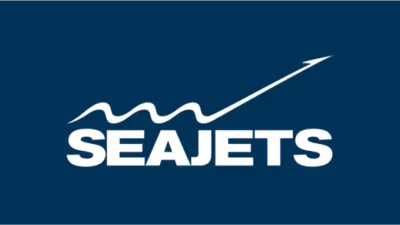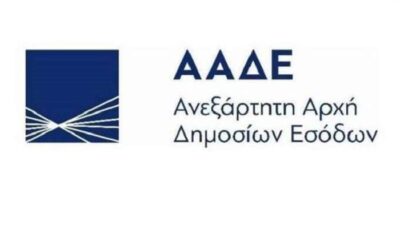Alexandros Tarkas: How Hagia Sophia will affect the backdrop for a Greek-Turkish negotiation package
14/07/2020
The announcement of a Greek-Turkish dialogue, through EU High Representative Josep Borrell, comes as no surprise, as we revealed last March. In fact, the sophisticated ambiguity on the context and the subject matter of the debates makes a great impression. All this, of course, until the decision of Recep Tayyip Erdogan to turn the Hagia Sophia into a mosque, which in fact greatly aggravated the climate.
In May, we wrote: “Mr. Borel has exceeded the mandate to negotiate only technical issues with Turkish Foreign Minister M. Cavusoglu and acts fully autonomously on all outstanding issues. “Strong EU members – with the exception of France – approve of his tactics, informally calling on Athens to show realism.”
In this climate, although the journalistic question he was asked a few days ago in Ankara was simply about the 2016 EU-Turkey Joint Declaration on Immigration and the financing of the needs of Syrian refugees, Josep Borrell was quick to expand the agenda into a dialogue. on all matters and with simultaneous (indirectly linked) talks on Cyprus and the Southeastern Mediterranean.
In 2020, Josep Borel restored the “total package” of negotiations for the Aegean and the Cyprus issue, which the Greek governments have rejected since 1974. And the USA has considered, since 1996, as unrealistic. “Oh, it’s too heavy,” said the director of Southern Europe and later the State Department coordinator for Cyprus Carey Cavanaugh.
According to credible sources in Brussels, Borel’s statements are in line with the priority of the German presidency in the EU for cooperation with Ankara, at any sacrifice, mainly in the field of immigration. Chancellor Angela Merkel rejects even remarks by French President Emmanuel Macron about Turkish aggression, as well as proposals to impose sanctions on Ankara for violating the embargo on Libya and, secondarily, on research within the Cypriot EEZ.
The same sources in Brussels add that the next step will be for the Commission and Berlin to demand from Athens to agree to simple variations of the Joint Declaration of 2016 instead of the Greek proposal, which was formulated in the days of the crisis along the Evros land border, for the replacement or broad revision of that agreement.
The impression of the EU given to the Greek government before the decision on Hagia Sophia was that it agreed to release most of the funds for the Syrian refugees in Turkey. They will also discuss the amount and timing of the release of the remaining funds, their management (or not) by Ankara, as is extortionately being by Recep Tayyip Erdogan and Mevlüt Çavuşoglu, as well as visa-free travel requirements for Turkish citizens from Turkey to the EU.
How is the Greek-Turkish negotiation going?
Apart from the aforementioned issues, questions are raised as to what will be discussed in the enlarged Greek-Turkish dialogue and how, if it is finally launched. Because the situation, according to Greek and foreign diplomats, had before the issue of Hagia Sophia was as follows:
- First, Recep Tayyip Erdogan and Mevlüt Çavuşoglu have accepted German urgings to reconsider the expediency of the Turkish-Libyan memorandum, but they are not giving up. With the apparent exception of the bombing of the Turkish base in Libya (which destroyed the Hawk SAM systems, which were transported in March despite the intervention of the French frigate “Provence”), President Erdogan appears completely satisfied with the results of his policy. The impression that prevails in most European governments is that Turkey went to Libya “to stay” and not for occasional reasons.
- Secondly, in the run-up to the presidential election, the United States is clearly reducing its involvement in Libya. Their main goal is to prevent Moscow from taking control of the country and establishing Russian bases, turning Libya into a second Syria. Washington acknowledges the side effects of Turkey’s military presence in Libya, but will tolerate it as the only practical counterweight to Russia. At the same time, the US realizes that Turkey is not moved by the warnings not to violate Greece’s red lines, and recommends a dialogue in Athens to avoid the worst.
As time goes on, it turns out that the motivation – perhaps the most important – of the Turkish military presence in Libya is the implementation of the Ankara – Tripoli memorandum. The Mitsotakis government, although it had a lot of information before its signing in November 2019, failed to prevent it. Since then, although he is moving very well through the initiatives of the Foreign Minister, he has not been able to overturn it. And as time goes on, with Turkey having the added advantage of its military forces in Libya, as in Cyprus, the memorandum may prove impossible to undo.





